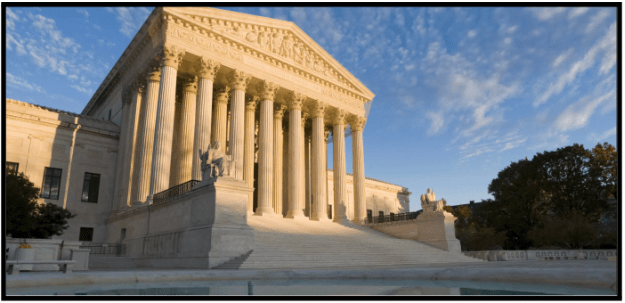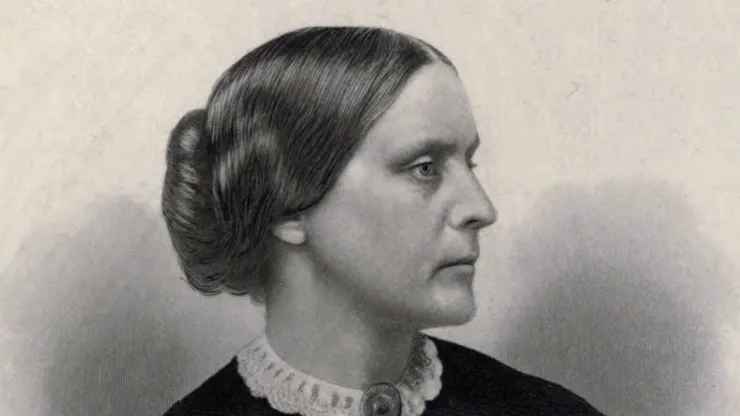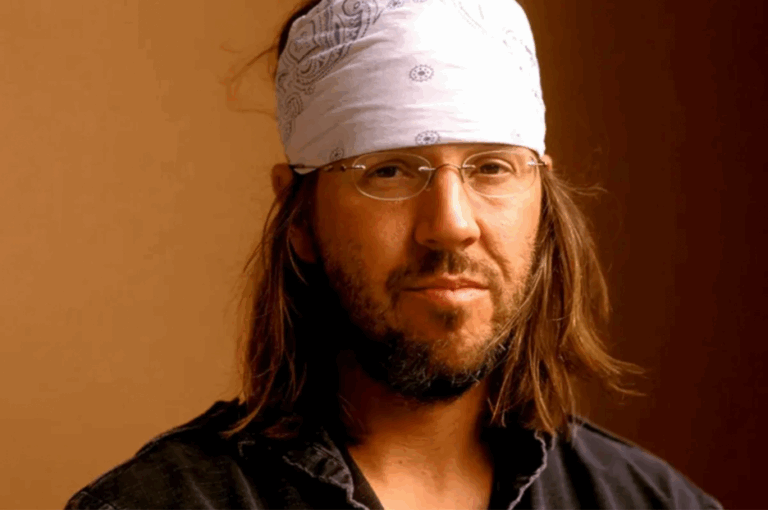Arguing a case before the U.S. Supreme Court is a big deal. Jeff McCoy just won a case there. Here’s his advice on how to prepare for such a high-profile public speaking moment.
Talking Big Ideas.
“There are . . . [no] shortcuts to doing a good job.”
~ Former Associate Justice Sandra Day O’Connor
Last week the U.S. Supreme Court issued its decision in Wilkins v. United States, a property rights case brought by the Pacific Legal Foundation (PLF). The court sided with PLF, securing their 15th victory before the nation’s highest court.
My fellow Coloradan Jeff McCoy argued the case in November. We worked together to fine-tune his public speaking skills in advance of the argument, and we chatted this week to debrief on lessons learned.
Today’s piece is a condensed overview of our conversation.
***
Bob: I’ll start by saying congratulations on your big Supreme Court victory!
Jeff: Thank you.
Bob: How is preparing for a Supreme Court argument different from other arguments?
Jeff: Honestly, it was mostly the same things that I do for every oral argument just amplified about twenty times. Lots of research, practice, and feedback.
Bob: You put in a tremendous amount of work to prepare. And in addition to all the technical legal prep, you worked hard to fine-tune your public speaking skills. How useful was that?
Jeff: It was incredibly beneficial and definitely made things better on argument day.
At the Supreme Court, you get two minutes for opening remarks, which you don’t always have in oral arguments. This gives you time to clarify your position, highlight your main points, and set the terms of debate before questioning begins. Having these remarks perfected and delivered in an authentic, engaging way is really important.
One thing my client noticed while watching is how the attorney defending the government read from his notes while I spoke off-script directly to the justices. My client said it felt more powerful and effective to deliver the way I did, and I agree.
Bob: We did a lot of run-throughs on your opening remarks.
Jeff: Yes! I don’t even know how many times we repped it, but it was enough that I was totally confident. One thing that you mentioned was to make eye contact with all the justices. I made sure to not just focus on one but to connect with all of them. I did well with that during my opening remarks and also during the Q&A.
Bob: You did a run-through in the Georgetown University court that’s a replica of the Supreme Court. How useful was that?
Jeff: It was definitely useful. Being in a place modeled after the Supreme Court helps you get into it. I think the most helpful part of that moot was the attorneys there who aren’t property rights attorneys. I got questions that were framed differently and helped me clarify how I think about all the issues at stake.
PLF does an incredible job preparing us. I had such a wonderful team helping me. I did several moot courts and it was so important to get different perspectives, from PLF lawyers as well as from a diversity of lawyers outside PLF.
I was able to take all of these insights and bring them to our practice sessions. I gave you all the questions and answers we discovered and fine-tuned during moot courts. And we worked together to polish everything.
Bob: We came up with a list of 10 specific things that you would grade yourself on during each of our sessions: Clarity, Concision, Confidence, Expertise, Eye contact, Front-loaded themes, Hand gestures, Sounding off script, Stumbles, and Vocal pacing.
During our first session, you graded yourself hard: 4s, 5s, 6s, and 7s. Nothing got better than a 7. In our last session before your argument, you gave yourself 9s for everything.
How useful was it to clarify each of these aspects of public speaking, to isolate them, to run reps, and to feel like you were solid on them all before game day?
Jeff: It was very helpful, especially being able to focus on one thing. Sometimes we’d just focus on making eye contact and you’d say it doesn’t matter what else I’m doing or even saying, just do well on the eye contact. Eventually, we were able to fine-tune everything.
One thing that I sometimes default to when I’m practicing public speaking, is that if I mess up, I go back to the beginning. I like how we worked on powering through any stumbles I had. You made me continue on rather than go back and start over.
That really helped me pull everything together and feel confident. You can’t start over during an oral argument.
Bob: Did you do anything unique to prepare?
Jeff: The day before I went and watched other oral arguments at the Court. I recommend this. Being in the space and seeing other lawyers arguing in front of the Supreme Court. And seeing how the justices were doing that week. It helped me get into the right mindset.
Bob: How nervous were you? When you first woke up that day, then heading to the court, walking in, waiting for things to start, just after you began speaking, during Q&A, etc?
Jeff: Surprisingly, because I had practiced so much, I wasn’t that nervous. I had done so much practice. I remember thinking, “Well, this is probably going to be the shortest of all the time I’ve spent on this!”
I think the most nerve-racking was getting to the court. But once I was there and settled in, I felt excited. One thing that’s nice about Supreme Court arguments is they are very formal. In some respects that is easier because you follow the same path every time.
I think the hardest part of any public speaking is getting the first words out. And once that happened, I felt calmer. The butterflies went away. And I was totally focused on my argument.
Bob: What specific advice would you give other constitutional litigators who are preparing for a Supreme Court oral argument?
Jeff: You know what works best for you. Do it. This is advice you’ve received all throughout law school and while studying for the bar.
The Supreme Court is the biggest oral argument you’re going to have, but it’s still an oral argument. And you prepared other oral arguments before this and you know what works and what doesn’t work for you.
Certainly, you’re always refining throughout your career, but it’s still good to treat this how you would any other oral argument. Don’t abandon everything you’ve done before.
The biggest change between most oral arguments and the Supreme Court is that there are nine people who are going to be asking you questions, from nine different perspectives. So be prepared for lots of different questions.
Last point: You’re definitely going to practice more. Embrace the opportunities to work with a diverse array of lawyers.
Bob: How useful is public speaking practice for attorneys who are preparing for any oral argument?
Jeff: It’s very helpful. Oral argument is public speaking. Being able to make your point in a clear, concise, confident way matters. You have a very specific audience when you’re doing the argument, and you want to tailor your speaking to them. The little details – pacing, tone, inflection, how you use your hands – matter. It’s worth understanding how you come across during an oral argument.
At PLF we do a lot of talking with news reporters, and we go on panels and engage with the public. It’s all public speaking. Law gets technical so it’s really helpful to clarify your key ideas and practice delivering them in an effective way.
Bob: Thanks so much, Jeff. Anything else you’d like to add?
Jeff: Practicing is always helpful. So is getting feedback. Sometimes when you’re practicing you don’t always pay attention to everything that you’re doing. Having someone with you that’s able to focus on different things is beneficial.
I do appreciate all the help you gave me. I felt very prepared at the Court and it was enough to get the victory.
Bob: I love it. Great seeing you and thanks again for getting together with me today.
Jeff: Anytime!




